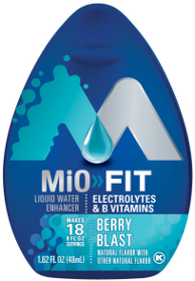Now the question is, would the long-term benefits of improved health offset the economical damage caused by reduced corn/HFCS purchasing?
Pros: Improved health, reduced sick days, improved productivity, reduced healthcare costs/expenditures, reduced government spending on Medicare/Medcaid.
Cons: Agriculture industry gets hit which will have ripple effects on other industries as people are laid off/fired.
A thorough cost-benefit analysis of the effects of reducing/banning the consumption of added-sugar beverages (sodas, juices, etc.) would be very interesting, I think.
Subsidising
healthy vegetable (dark greens etc) and fruit production, instead of the nutritionaly deficient cash crops (corn etc), would represent a huge benefit for Americans (from reduced cost and nutrition gains) and job numbers might actually go up, as I don't believe you can presently mechanize the harvesting of healthy vegetables (broccoli etc) to anywhere near the same degree as corn.
Yeah, the cost of pop would go up, but I'm sure the free market would ensure prices wouldn't be astronomical, and if the price increase reduced pop consumption, all the better. In Europe, where they use actual sugar in soda, despite sugar production not being subsidised to anything like corn is over here, soda is still relatively inexpensive.
I only have a small soda (Dr Pibb), once a week, at the cinema (gearing up for The Martian

- hopefully in 3D), and for many years, stopped adding sugar to tea (with dash of 2%) and real coffee (no milk). In hotter months, drink plenty of iced water.
Pro Tip: buy Free Trade, Organic Cane Sugar, such as Tate & Lyle's, because, as it costs perhaps double the regular refined variety, you use it sparingly. E.g. I now use only 1/3 of a cup in my banana bread (awesome, inexpensive and reasonably healthy snack - using unbleached, whole wheat flour, pasture raised organic eggs etc), along with three large bananas (ideally organic (currently only 69c / pound), matured for one week).




